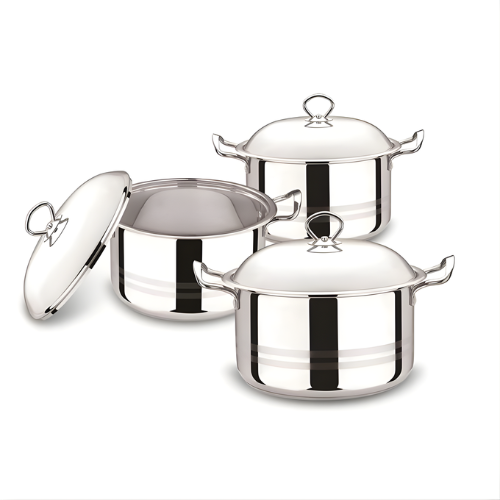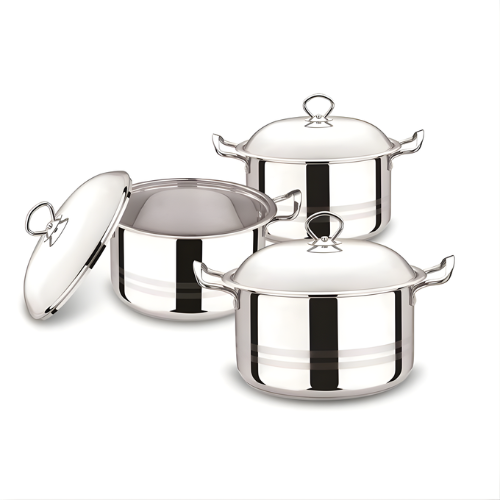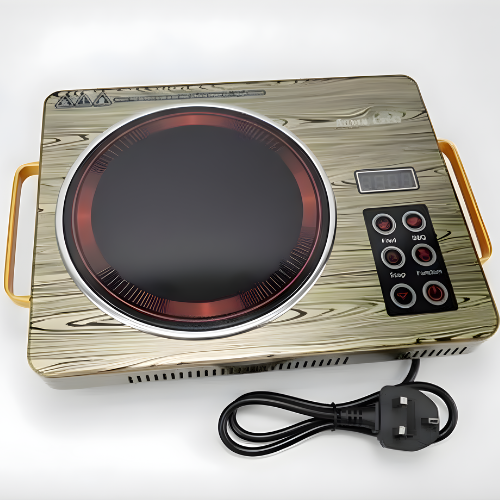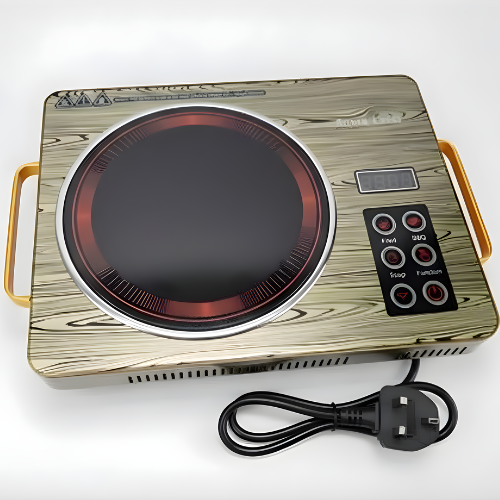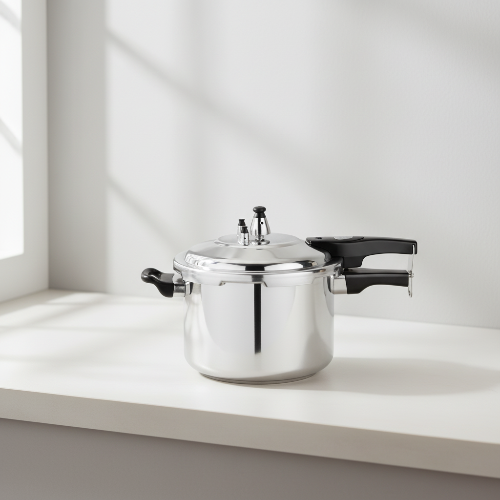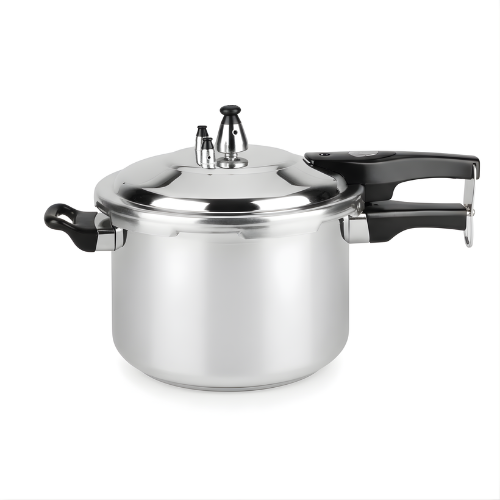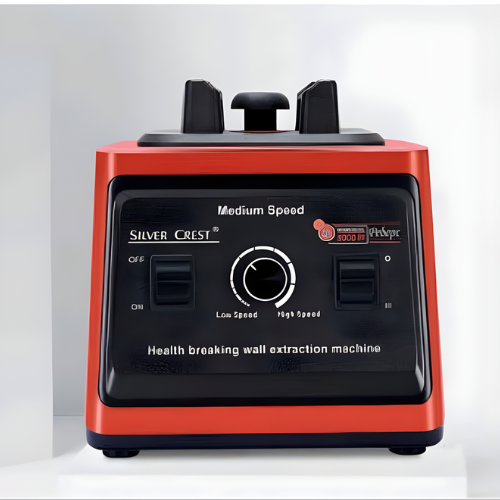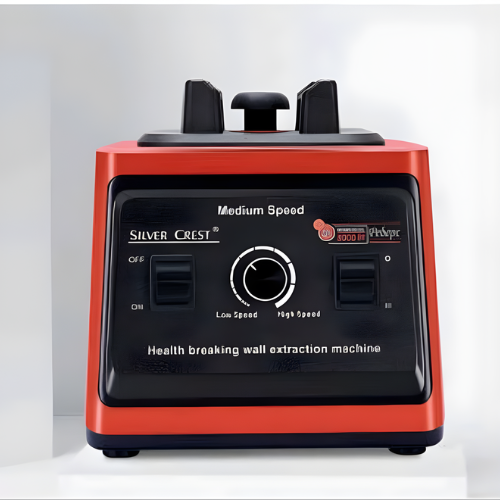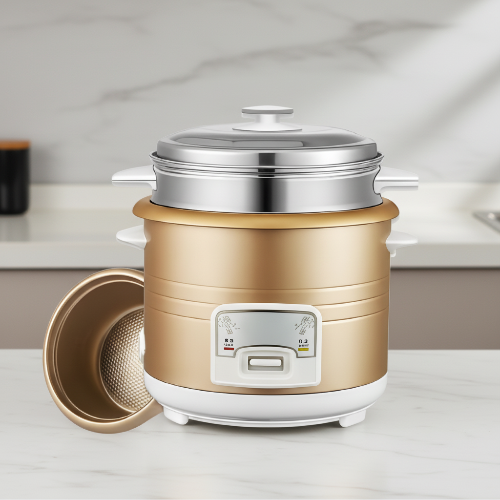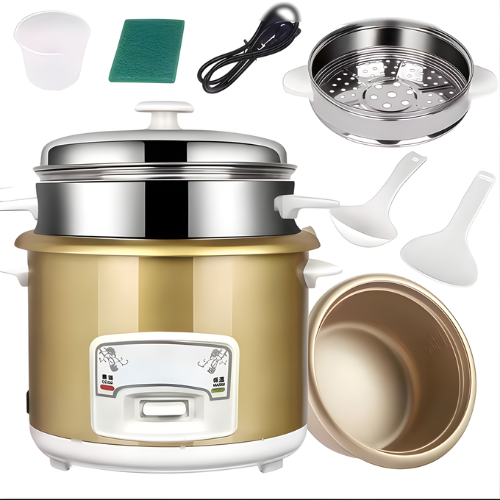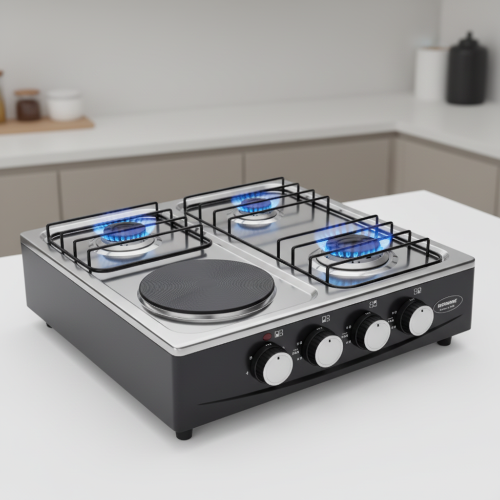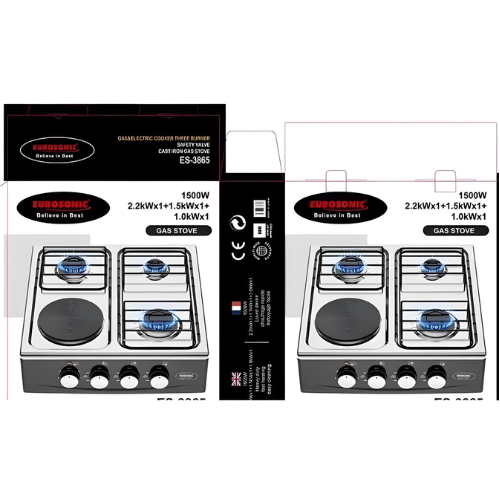This article is part of the HOGDigest editorial series. → Explore HOGDigest
Choosing the right mattress can be tricky, especially with so many options out there. Since we spend about a third of our lives in bed, it's essential to find one that's comfortable and supportive. A good mattress can really improve your sleep and help you wake up feeling good each morning.
We're here to help you navigate the mattress-buying process by breaking down the important things to consider. Our goal is to give you the information you need to make a smart decision when picking out a new mattress.
How to Choose the Right Mattress
-
Understand Your Sleeping Position :
To choose the right mattress for proper body support, it's important to think about how you sleep. Different sleeping positions can affect how well your spine stays in line and how much support you need. So, knowing how you sleep can help you pick the best mattress for you. -
Consider Your Body Type:
Your weight matters when it comes to finding the right mattress. If you weigh less than 130 pounds, you might like a softer mattress (rated 3 to 5). These mattresses give your body a bit of cushioning and mold to your shape while still giving you enough support.
- For people weighing between 130 and 230 pounds, a mattress that's not too soft and not too firm (rated 5 to 6) usually works well. It gives you support but also lets you sink in a bit for comfort.
- If you weigh more than 230 pounds, you'll need a firmer mattress (rated 6 to 8) to keep you supported and prevent you from sinking in too much, which can cause pain and pressure points.
- Consider the Mattress Type: The type of mattress you pick can make a major difference in how well it supports your body. There are lots of choices, like spring mattresses that are firm and memory foam mattresses that shape your body. Each type has its own pros and cons, and helps to provide good health so it's important to think about what works best for you
-
Looking at Long-Term Quality:
It's easy to forget about how long a mattress will last when you're shopping. But it's really important! A mattress that starts sagging or getting indents can hurt your back over time. The materials used in the mattress affect how long it stays in good shape. Usually, mattresses with better materials last longer and keep supporting your back well. Even though these mattresses might cost more upfront, they can save you money in the long run because you won't have to replace them as often. -
Pressure Relief:
Sometimes, people feel uncomfortable pressure in certain areas of their body, like the shoulders, lower back, or hips, because their spine isn't aligned properly. This is especially common for people who sleep on their side. To help with this, a good mattress should cushion these areas while still giving support to keep the spine aligned well. -
Motion Isolation:
When sharing a bed, you might feel your partner's movements, and vice versa. A mattress with good motion isolation can help reduce this disturbance. Look for mattresses with thick comfort layers or hybrid designs featuring independently pocketed coils, as they tend to minimize motion transfer. -
Temperature Control:
If you tend to sleep hot, it's important to choose a mattress that doesn't trap heat. Opt for mattresses with breathable cover fabrics, ventilated comfort layers, and coil systems that promote airflow. Some advanced options even offer active heating and cooling features for personalized comfort. -
Edge Support:
A mattress with solid edge support maintains its shape near the perimeter, making it easier to get in and out of bed. Innerspring and hybrid mattresses typically offer better edge support due to their coil construction, while foam and latex mattresses may lack this feature. -
Ease of Movement:
Responsive mattresses that provide support without excessive sinking are easier to move on. Avoid overly soft mattresses, particularly those with thick foam layers, as they can hinder movement and make you feel trapped. -
Odors:
When you unpack a new mattress, you might notice a smell at first. Foam mattresses release volatile organic compounds (VOCs), which create a chemical odor. This process, known as off-gassing, can last for a few days and may be unpleasant. While latex mattresses don't emit VOCs, they may have a rubbery smell. -
Noise Levels:
Innerspring mattresses, and hybrids, to a lesser extent, can produce some noise. The coils may squeak or creak when you move in bed, potentially disturbing your sleeping partner. Conversely, most all-foam and latex mattresses are quiet, minimizing disruptions during sleep. -
Warranty Coverage:
Most mattresses available today come with warranties lasting 10 years or more. Warranties assure buyers that their mattresses are free from defects. If a defect arises, the manufacturer will repair or replace the mattress at minimal or no cost to the owner. Common defects covered include excessive sagging, broken coils, and faulty zippers. However, warranties typically do not cover normal wear and tear or damage occurring after delivery.
Closing Thoughts
Choosing a mattress is an important decision to benefit your health. By thinking about the points we covered, you can easily pick the one that suits you best. After all, a good night's sleep is essential. Take your time, research different options, and maybe even try some mattresses out at a store before you buy. With this guide and a little effort, you'll be on your way to peaceful nights and energized mornings!
Author Bio:

Avantika Sanghvi works as a Content Marketing Specialist at Flo Mattress. She loves to create engaging and value-driven content for her a wide range of audiences. She writes about health & wellness, home improvement, and parenting topics focusing on the importance of sleep and how to sleep better. She also often shares stories of how sleeping well regularly and prioritising sleep has enabled her to attain success in what she does. Her content shares actionable and practical advice for personal growth and well-being. Beyond work, she finds joy in cooking, practicing yoga, and exploring new destinations through travel.










